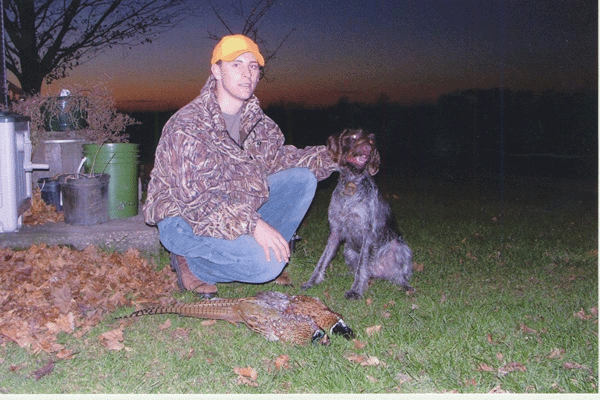 |
Developing Predictive Models
for Wildlife Crossing Sites Along Michigan Highways
(2003-2005)
Graduate Student: Brad Potter
Email: Bradly_Potter@fws.gov
Highways
and other roads negatively impact a variety of wildlife species
worldwide. Wildlife avoidance of highways can reduce dispersal rates and
lead to isolation of populations. The
ability to predict wildlife crossing sites would aid land managers
and highway planners in reducing this negative effect of interstate
highway systems and other roadways. Our study described
highway crossing sites for bobcats, coyotes, and white-tailed deer
in the northern Lower Peninsula of Michigan along 2 interstate
systems. We also developed GIS-based predictive models for
identifying crossing sites for these species. This research
was funded by CMU, Michigan DOT, The Berryman Institute, and CITGO.
|

Brad
Potter enjoying life after completing a M.S. at CMU.
Brad is currently employed as a Joint Venture Biologist with the
U.S. Fish and Wildlife Service.
|
|